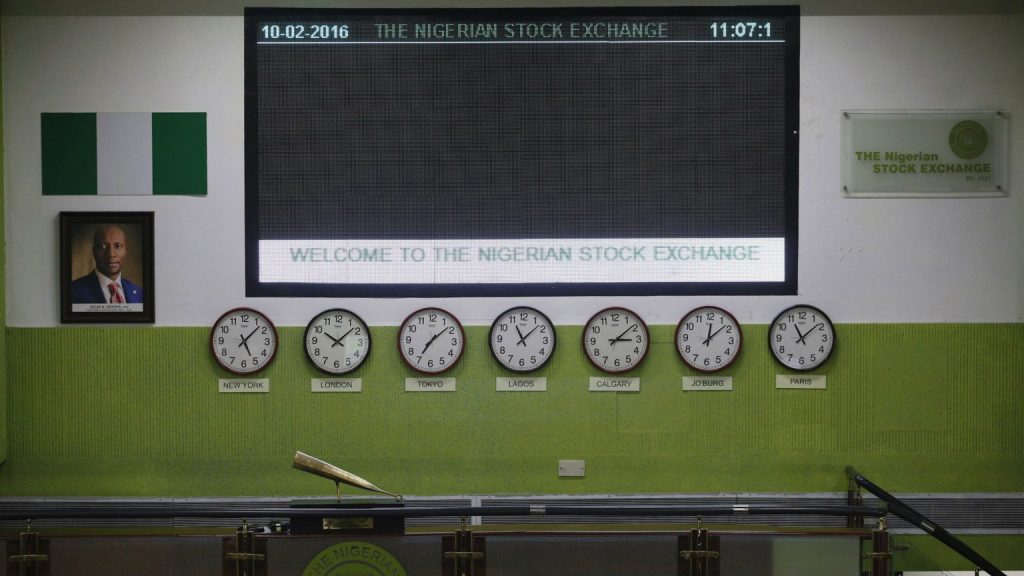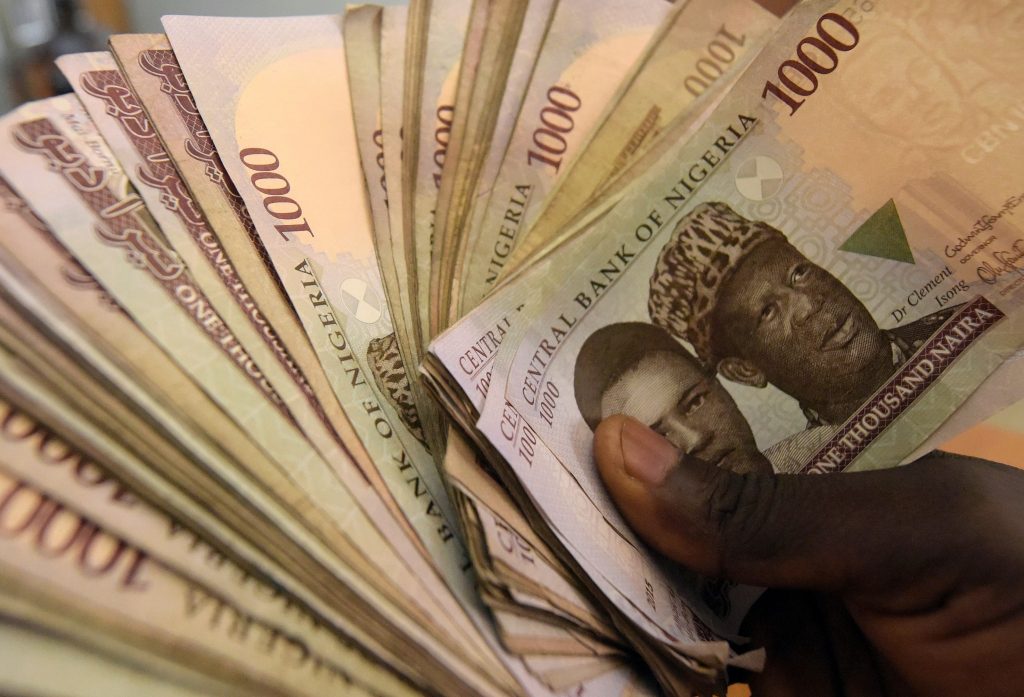Over the weekend, Nigeria’s Vice President Yemi Osibanjo expressed his doubt regarding the advantages of Nigeria signing the African Continental Free Trade Area agreement at this time, echoing the views of the president Muhammadu Buhari. He said this while speaking at the Africa Trade Forum which held in Lagos
The Vice-President said he recognizes that the AfCFTA represents a good opportunity for African countries to push development, job creation, poverty reduction, and industrialization. However, he believes Nigeria could lose the most because it is Africa’s largest market. He promised that the Nigerian government is ‘currently pursuing a rigorous domestic and wide consultative process with all stakeholders in the public and private sector on the said regional agreement’
“The AfCFTA is probably the most significant Pan African trade agreement in this generation. Nigeria, being possibly the largest market in Africa today, is most likely to benefit the most or lose the most from the implementation of the agreement,” he said.
In March 2018, 49 African countries signed the AfCFTA agreement that would ensure the free movement of people, goods, capital, and services. Nigeria, Africa’s biggest economy, is the only high profile country that is yet to sign the agreement that would officially take off after African parliaments have ratified the agreement.
Below is the Ventures Africa Weekly Economic Index, for the week ending 2nd of November 2018. This economic index gives you a glimpse into other recent activities in Nigeria’s economy as well as changes and prices that could affect the economy:
Nigerian Stock Exchange

Data released by the Nigerian Stock Exchange (NSE), as of 2nd of November 2018, showed that the All-Share Index depreciated by 2.38 percent from the previous week ending 26th October 2018. Market capitalization at the close of trading during the week under review was N11.728 trillion, a 2.38 percent increase from N12.014 trillion recorded the previous week. The All Share-Index for the week under review closed at N32,124.94.
Top five price gainers and decliners in the week under review:
Top five price gainers
Presco Plc.
Neimeth International Pharmaceuticals Plc.
Consolidated Hallmark Insurance Plc.
Newrest ASL Nigeria Plc.
C & I Leasing Plc.
Top five price decliners
Unity Bank Plc.
Dangote Flour Mills Plc.
Cement Co. of North. Nig. Plc.
Meyer Plc.
Diamond Bank Plc.
How did the Naira fare?

The Naira remained around N362/$, continuing the same trend over the course of three months, with the Naira hovering between N359-N363 to a dollar. Critics say the Naira’s value has been pegged to this range, especially since the country’s foreign reserves have dropped by more than $3 billion in the same period.
How did the price of oil fare

Brent Oil prices further tanked from $76.43 per barrel on the 26th of October to $72.95 on the 2nd of November 2018, one week after its largest monthly decline since the middle of 2016. Though the US sanctions on Iran will take effect starting today, speculations on the fall of oil prices have been attributed to OPEC and Russia’s preparation to oversupply the market with oil. Official statements from the US today have also confirmed that the US government will grant special waivers to eight Iranian oil importers despite the sanctions.








